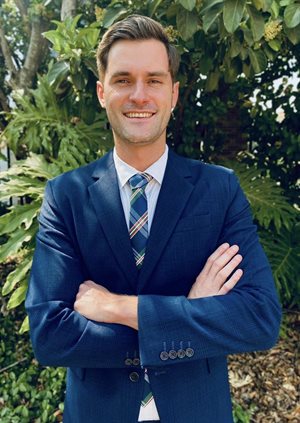Cannabis Law News
Article South Africa: Do tenants have the right to smoke cannabis in a rental property?

Cannabis Law News
New Mexico Regulation and Licensing Department revokes licenses at two Torrance County cannabis farms
Cannabis Law News
Massachusetts: Uxbridge to refund more than $1 million to cannabis retail outlet in impact fees case
Cannabis Law News
Beverly Hills Lawyer Invested in Oregon Cannabis Farm .. Percentage of Crop(s) Ended Up In Cali Market
-

 Cannabis News1 year ago
Cannabis News1 year agoDistressed Cannabis Business Takeaways – Canna Law Blog™
-

 One-Hit Wonders1 year ago
One-Hit Wonders1 year agoUnited States: Alex Malyshev And Melinda Fellner Discuss The Intersection Of Tax And Cannabis In New Video Series – Part VI: Licensing (Video)
-

 drug testing5 months ago
drug testing5 months agoDrug Testing for Marijuana – The Joint Blog
-

 Cannabis 1011 year ago
Cannabis 1011 year agoWhat you Need to Know
-

 Marijuana Business Daily1 year ago
Marijuana Business Daily1 year agoCannabis, alcohol firm SNDL loses CA$372.4 million in 2022
-

 Education1 year ago
Education1 year agoNCIA Write About Their Equity Scholarship Program
-

 Education1 year ago
Education1 year agoCity Of Oakland Issues RFP For Employee Training Programs
-

 Cannabis1 year ago
Cannabis1 year agoIt has been a wild news week – here’s how CBD and weed can help you relax




















